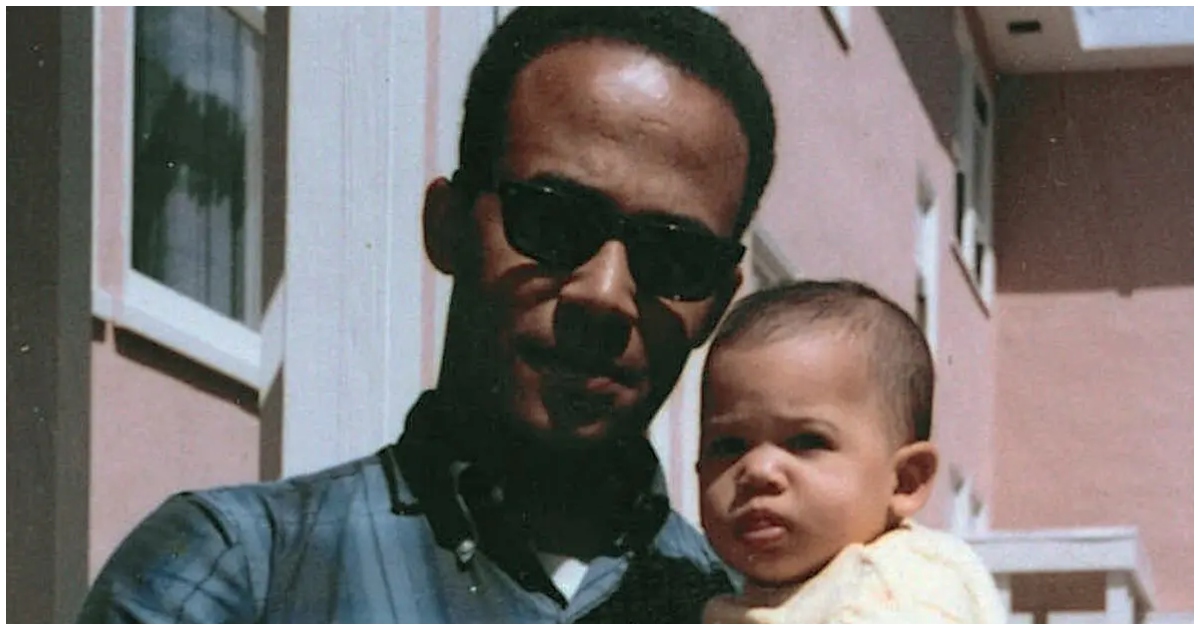In 1972, Donald J. Harris broke new ground in academia. He became the first Black professor to receive tenure in Stanford University’s economics department.
This achievement marked a significant milestone in the diversification of higher education during the civil rights era.
Pioneering Economist from Jamaica in the 1970s
Originally from Jamaica, Donald Harris established himself as a prominent left-leaning economist in the 1970s. His work focused extensively on economic development and inequality, contributing valuable insights to these critical fields.
Harris’s journey from Jamaica to Stanford University exemplified the power of academic excellence and perseverance. His groundbreaking appointment in 1972 opened doors for future generations of Black economists in prestigious institutions.
Influential Research on Development and Inequality
Throughout his career spanning the late 20th century, Donald Harris wrote extensively on matters of economic development. His research shed light on the complex issues surrounding global inequality and potential solutions.
Harris’s work resonated with policymakers and academics of his time. His left-leaning perspective offered fresh insights into addressing economic disparities, particularly in developing nations during a period of significant global economic change.
Connection to Future Vice President Kamala Harris
As the father of Kamala Harris, who would later become Vice President in 2021, Donald Harris’s influence extended beyond academia. His daughter’s rise to political prominence decades later brought renewed attention to his own groundbreaking career.
Despite his daughter’s high profile in recent years, Donald Harris has maintained a low public presence. He has been notably press-shy, particularly following a public disagreement with his daughter over comments she made about their Jamaican heritage.
Legacy in Economics and Higher Education
Donald Harris’s tenure at Stanford University in the 1970s paved the way for increased diversity in economics departments nationwide. His success challenged existing barriers and inspired future generations of Black economists.
His legacy continues to impact the field of economics today. Many current scholars and policymakers draw inspiration from Harris’s work on development and inequality, which began nearly half a century ago.
Long-term Influence in Economic Policy
While Donald Harris himself has remained out of the public eye in recent years, his influence persists in economic policy discussions. His daughter’s 2020 campaign drew on expertise from other prominent economists, including those from historically Black universities.
The appointment of William Spriggs, an economics professor at Howard University, to co-chair the Biden-Harris economic advisory council in 2020 reflected the ongoing importance of diverse perspectives in economic policy, a journey that Harris helped initiate in the 1970s.





